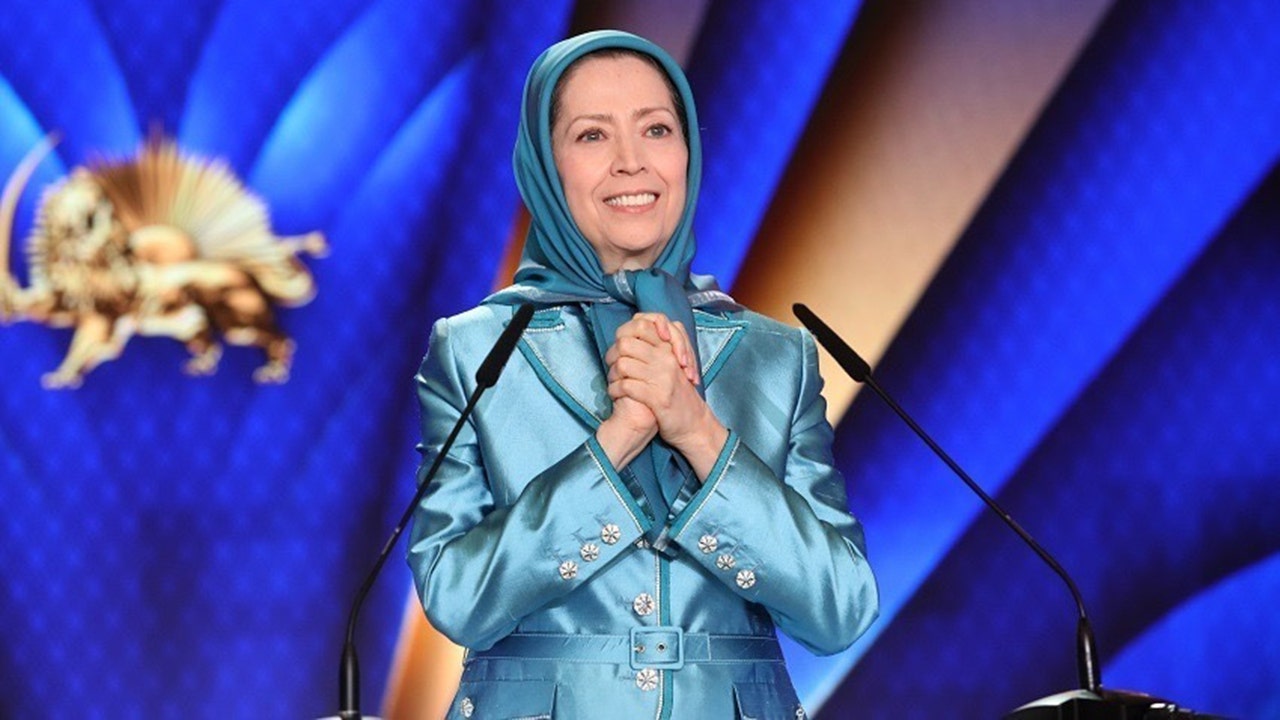US officials see fall of Assad as opportunity to force Iranian regime change

With the recent fall of Syrian President Bashar al-Assad and the upcoming change in the White House, there is a growing hope among Iranian resistance leaders and U.S. lawmakers that Iran may also see a change in leadership with the help of the United States.
Former U.S. ambassador for International Religious Freedom, Sam Brownback, expressed optimism about the possibility of regime change in Iran, stating that it is crucial to prevent the country from obtaining a nuclear weapon. As Iran continues to enrich uranium to near-nuclear-capable levels, the urgency for change is more pressing than ever.
A bipartisan group of senators has voiced support for toppling the Iranian Ayatollah Ali Khamenei through a combination of sanctions and backing the Iranian resistance movement. This unified effort aims to end the regime’s suppression and promote core values such as democracy, human rights, and justice.
Senator Ted Cruz of Texas boldly declared his support for regime change in Iran, emphasizing that the current leadership will eventually fall, paving the way for free and democratic elections in the country. He advocated for a return to the maximum pressure policy, cutting off resources and shutting down nuclear research facilities.
Despite the Biden administration’s approach of issuing sanctions waivers and pursuing future nuclear negotiations with Iran, there is a growing sentiment among some U.S. lawmakers and Iranian resistance leaders that now is the time for change. Maryam Rajavi, president-elect of the National Council of Resistance of Iran, highlighted the discontent and anger among Iranians, indicating that an organized uprising is on the horizon.
The recent fall of Assad, who was supported by Iran and its proxy forces, has served as a catalyst for change in the region. General James Jones emphasized the possibility of change in the Middle East and the ineffectiveness of appeasement towards the Iranian regime.
Rajavi’s 10-point plan for regime change in Iran outlines key principles such as separation of religion and state, gender equality, abolition of the death penalty, and denuclearization. The ultimate goal is to restore power to the people of Iran and uphold their democratic rights.
As tensions escalate between Washington and Tehran, the prospect of U.S. support for regime change in Iran remains a contentious issue with uncertain outcomes. However, the growing momentum among Iranian resistance leaders and U.S. lawmakers suggests that the time for change may be approaching in Iran.




